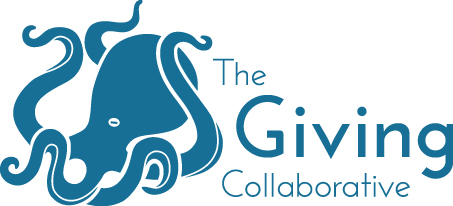A few years back, a very good friend of mine and his brother decided to start a non-profit to honor the memory of their mother, who had recently passed away after a long battle with cancer. Both my friend and his brother are extremely intelligent, well educated, and have great jobs in which they are very successful. They had a fantastic idea for their organization and put together a very solid mission statement, vision statement and strategic plan.
Friends and family members were supportive of this idea and offered to help in any way they could. The brothers assembled a board of directors, consistent with the charter they filed as part of their not-for-profit tax status, which consisted of people, mostly family, who really wanted to help make this venture a success. After the first year of operation, the brothers were exhausted and overwhelmed. The two of them had almost, completely unassisted, overseen the entire operational side of the organization including marketing and promotions, but had also worked tirelessly on producing a major fundraising event. When my friend shared his frustration with me I asked why he hadn’t enlisted the help of his board, tapped into their skills, delegated some of the workload when possible? He responded that he didn’t think he could ask his family members and close friends to commit to so much…that he felt funny asking them to give up a Saturday to come to a board meeting…that he didn’t want to impose. Their non profit was dissolved only 3 years after it had been incorporated, and in that time it raised a lot of money for some great causes. The idea was fantastic, but the execution needed help.
When boards are assembled or augmented, it is imperative this is done in a strategic manner. Each person sitting on a board must bring something of value to the organization, whether that is a skill, the ability to influence or open new doors, or financial resources. Each board member must also understand their responsibility to the organization and be reminded of their value…often. Assembling the right board can mean the difference between success and failure. The board is the driving force behind an organization and without the right combination of talents, it is difficult for any non-profit to gain forward momentum. Sometimes it’s easier to vet a board with outside help who can be objective and impartial and look at the long term potential of an assembled group. I like to think that if my friend and his brother had been more strategic when assembling their board of directors, perhaps using an impartial and outside firm to help, they may still be doing amazing things and raising lots of money in memory of their mom.


About The Author: Heather Crowley
A seasoned development and marketing professional, Heather is TGC's Vice President and Chief Creative Officer and has been consulting exclusively with nonprofits for the past eight years. She has previous expertise working on marketing and development consulting projects in the telecommunications, health and fitness, and financial services industries.
More posts by Heather Crowley